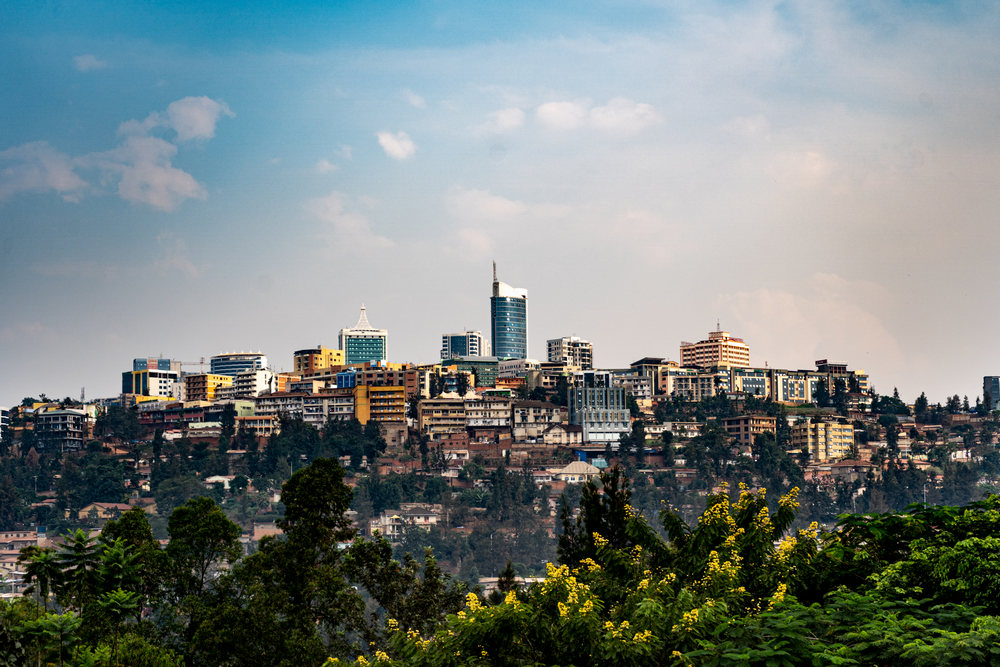240729 india nigeria table
| Rank | Provider | Percentage of international students, Nigeria | Percentage of international students, India | Percentage from both |
|---|
| Rank | Provider | Percentage of international students, Nigeria | Percentage of international students, India | Percentage from both |
|---|

United leadership: Harnessing African education for sustainable growth
The summit will bring together partners from higher education, industry, policy and civil society to discuss the greatest challenges and opportunities facing African higher education and broader society. Join thought leaders, experts and changemakers to explore the importance of equitable partnerships, promoting sustainability in higher education, harnessing digital transformation for good, and improving the quality of research and employability.